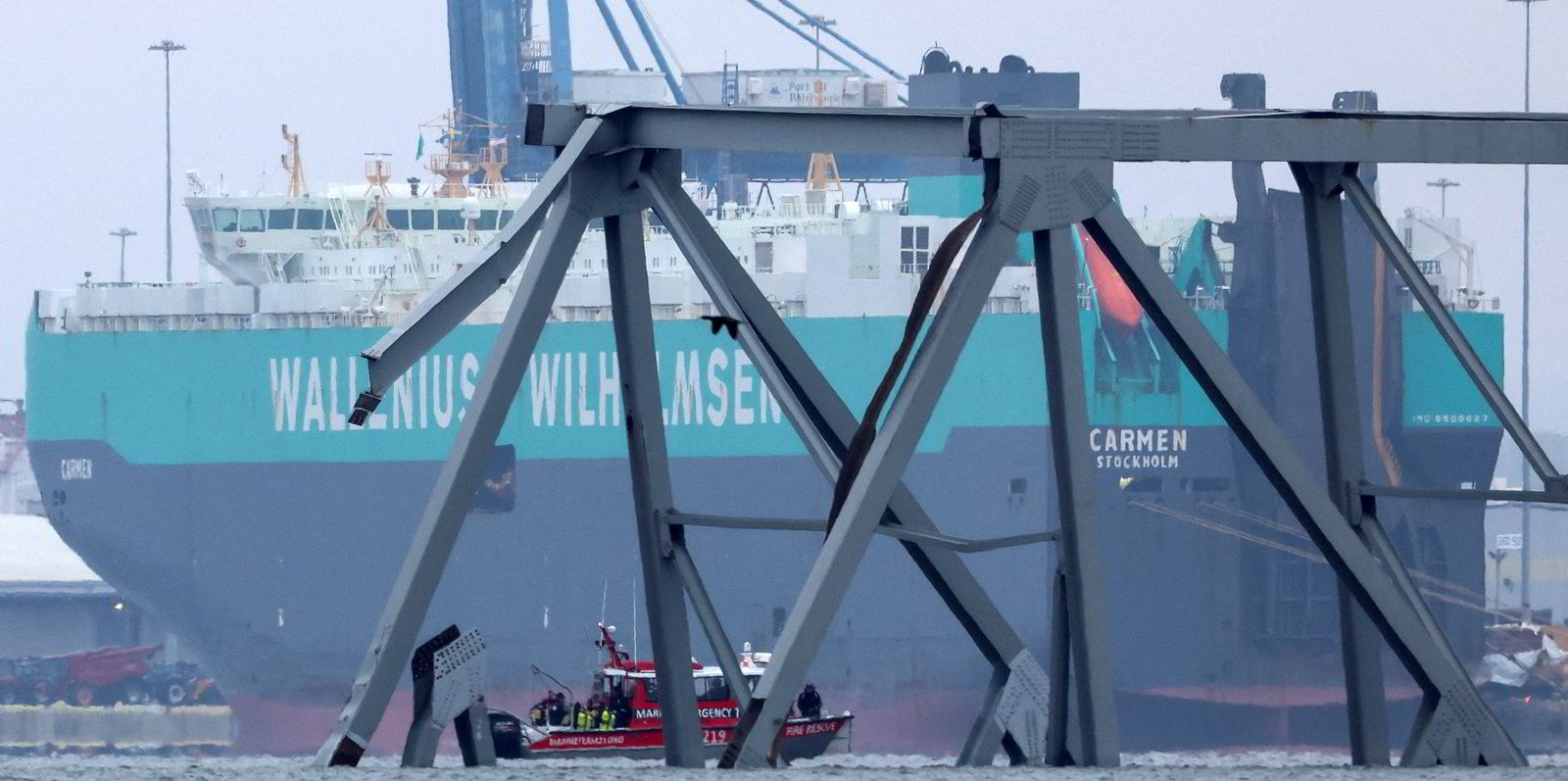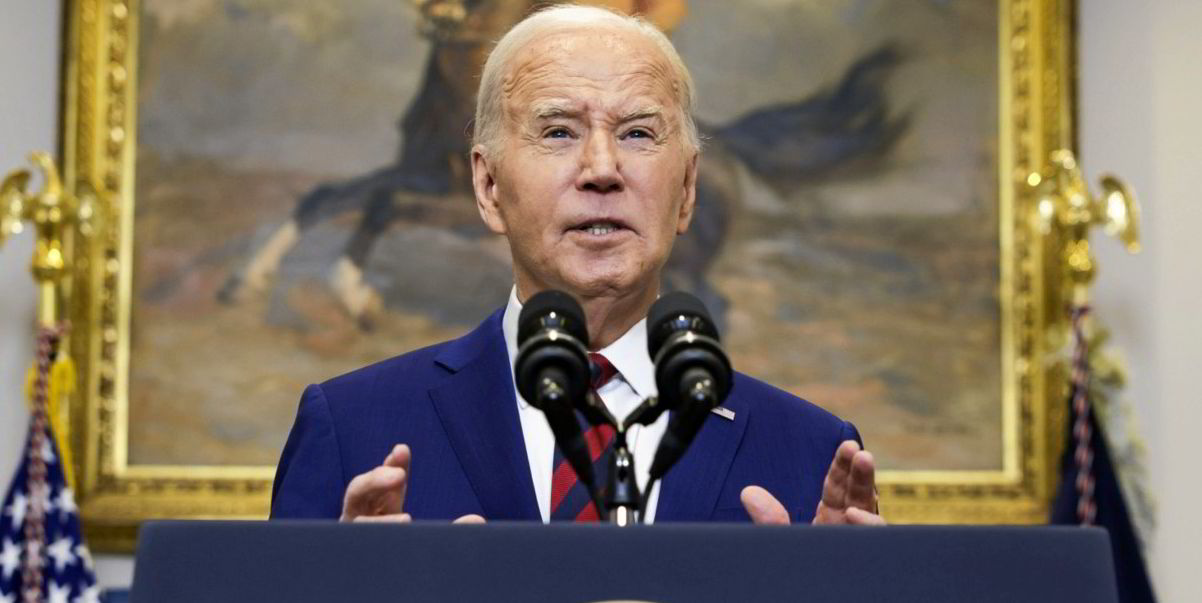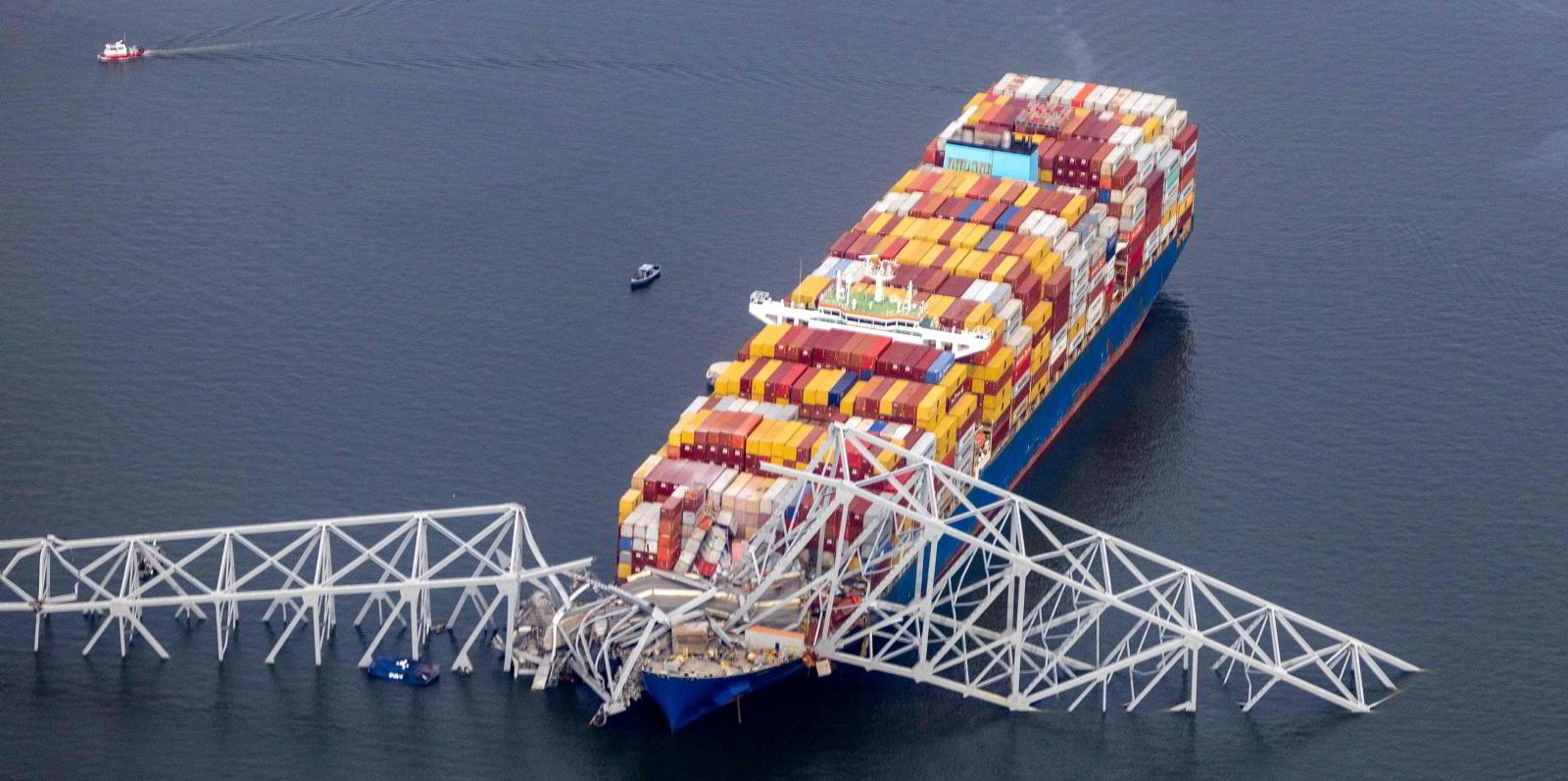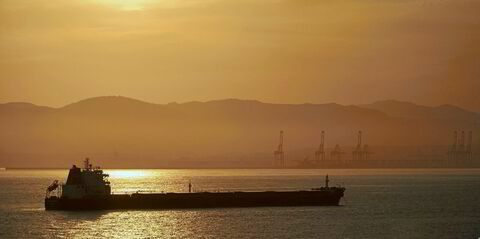Despite the collapse of the Francis Scott Key Bridge on Tuesday, one port facility in the Baltimore area remains open.
The 7,000-ceu Wolfsburg (built 2023) arrived at Tradepoint Atlantic, a 13.4m square kilometre set of terminals and warehouses just west of the city line and the destroyed bridge early on Wednesday, according to automatic identification system data.
“Tradepoint Atlantic’s marine terminals are unaffected and expect to resume normal operations once the immediate rescue and recovery activities have been concluded,” said company executive vice president Aaron Tomarchio.
The vessel, owned by John Fredriksen’s SFL Corp and operated by Volkswagen, is moored next to the 7,429-ceu Brooklands (built 2017), which arrived at the facility on Monday.
The day after the Zodiac Maritime-controlled car carrier called at the facility, the 9,962-teu Dali (built 2015) slammed into the bridge, causing it to collapse immediately likely killing six and shuttering the Patapsco River east of the bridge to vessel traffic.
Fearnleys Oystein Vaagen said rerouting bulkers, container ships and car carriers to ports in New Jersey and Virginia would mitigate the impacts to global trade.
He said there would be a “limited impact” for car trades, despite Baltimore’s status as one of the top US ports for automobiles and heavy machinery.
Both Volkswagen and BMW have facilities at Tradepoint Atlantic, while ro-ros can also call at the PortsAmerica-run facilities on the east side of the bridge.
Among the terminals affected is Wallenius Wilhelmsen’s Seagrit Marine Terminal.
The company has its 7,934-ceu Carmen (built 2011) moored there, which is unable to leave due to the ship channel closure.
Meanwhile, Oslo-listed Hoegh Autoliners had its 6,000-ceu Hoegh Chiba (built 2006) due to arrive in Baltimore on Wednesday but changed course and is now destined for Wilmington, Delaware, AIS shows.
Follow TradeWinds’ coverage of the disaster here





